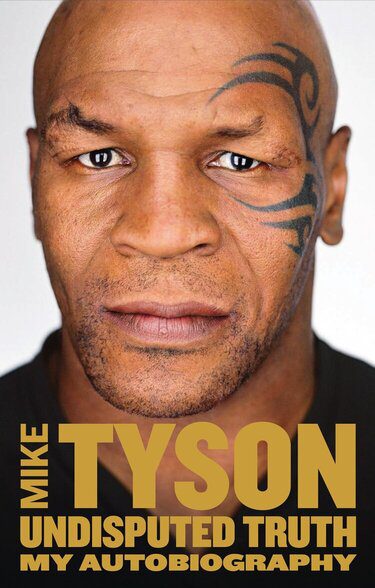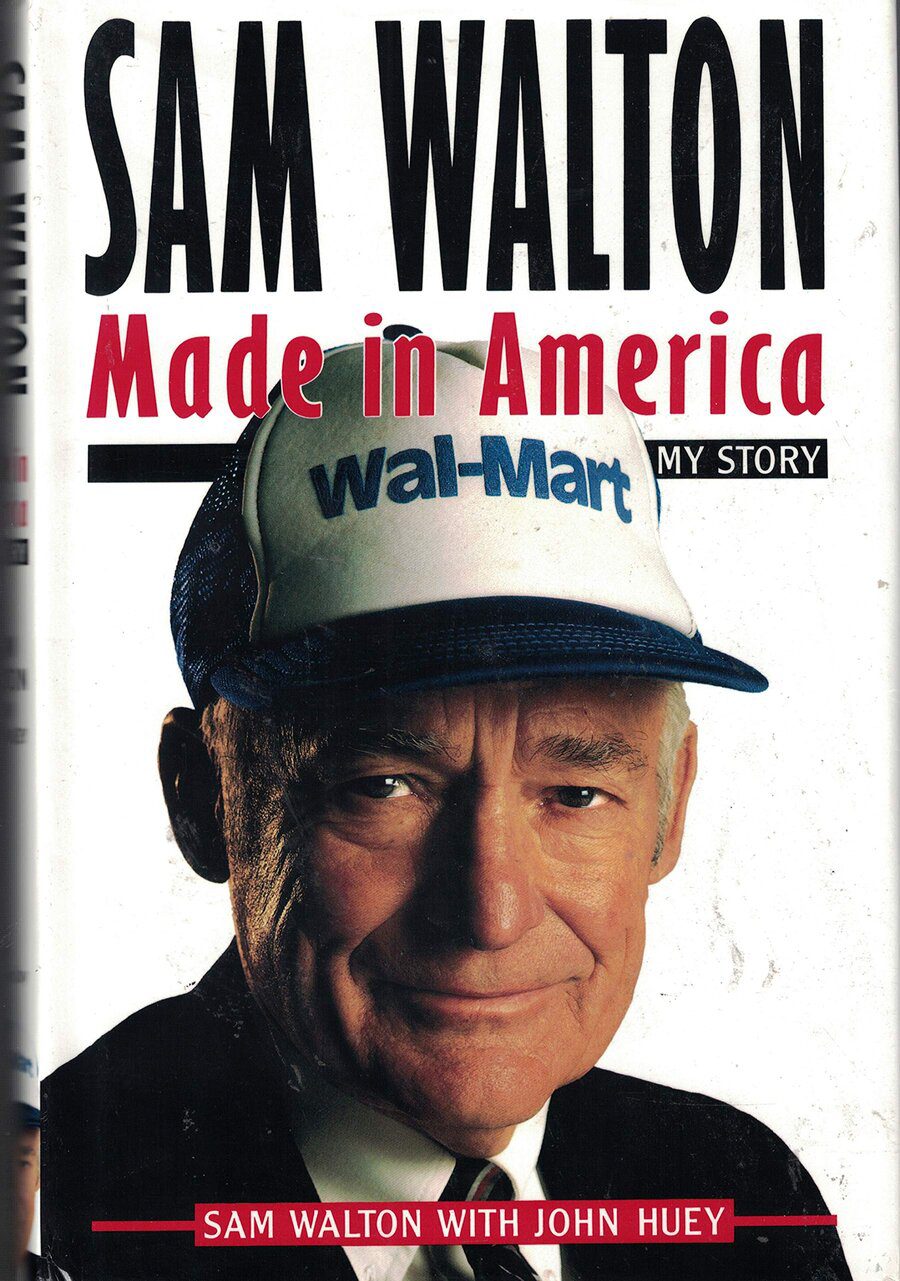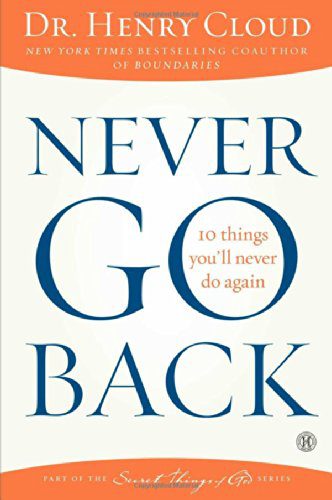Mistakes we all make knowingly or unknowingly. You are not mistakes, failures or challenges. It is not a matter of if you will make mistakes; it is a matter of when. Mistake 1 (v.) mid-14c., “to commit an offence;” late 14c., “to misunderstand, misinterpret, take in a wrong sense,” from mis- (1) “badly, wrongly” + take (v.) or from a cognate Scandinavian source such as Old Norse mistaka “take in error, miscarry.” It is not about the number of mistakes you make but the lessons and insights you would learn from your mistakes. Insanity is doing the same thing repeatedly but expecting different results. You made a mistake, but you are not a mistake; you failed, but you are not a failure; you are going through some tough, trying times right now, but this too shall pass.
One of the great lessons learned from reading the life stories of great men and women through their memoirs and autobiographies is their ability to bounce back from their mistakes, failures and trials. Great people tell us what not to do through their stories, learning from their bad breaks and emulating their great treats. Success, they say, leaves clues, and failure also leaves more significant clues.

“Some people might read some of the things I’m talking about and judge me as an adult, call me a criminal, but I did these things over thirty-five years ago. I was a little kid looking for love and acceptance and the streets were where I found it. It was the only education I had, and these guys were my teachers”
I learnt more about financial management by reading the memoir of Iron Mike Tyson (Undisputed Truth). Tyson made over $400 million in his 30-year (1985-2005) boxing career. He lost all of his wealth due to financial indiscipline, substance abuse, infamy, sex addiction and numerous litigations. In 2003, Tyson declared bankruptcy and was estimated to have spent $6.3 million on cars. Tyson’s account of his life taught me more about the need for financial discipline than all the other 20+ books I have read about financial management. Tyson’s life story is an excellent example of where self-discipline can take an individual – Greatness and a warning of what indiscipline can do to an individual – substance abuse, addiction, self-destruction and infamy.
“Your life, my life, the life of each one of us is going to serve as either a warning or an example. A warning of the consequences of neglect, self-pity, lack of direction and ambition… or an example of talent put to use, of discipline self-imposed, and of objectives clearly perceived and intensely pursued.” – Jim Rohn
Tyson reflects on how he squandered a lot of his money through reckless spending, trying to please as many people as he could. He writes:
Once I began making a lot of money boxing, I got a reputation as being a Robin Hood in the hood. People who didn’t know me would make a big deal about me going back to Brownsville and giving my money away. But it wasn’t like that. People who came from where I had come from had a responsibility to take care of their friends even if it was twenty years later. So if I went away and made this money and I went back I had to break off some for my friends who weren’t doing as well. I would pick up cash from Cayton’s office and divide the hundred-dollar bills into packets of a thousand dollars. I’d usually carry about twenty-five thousand in cash with me and would go around and distribute it to my friends when I’d see them. I’d tell them to go buy a tailored suit and then we’d go out that night.
I didn’t even have to know the people who I gave money to. I’d stop my car and give out hundred-dollar bills to bums and homeless people. I’d gather up a bunch of street urchins and take them to Lester’s Sporting Goods store and buy them all new sneakers. I later found out that Harry Houdini did the same thing when he started to make it. I guess that’s what poor people who get rich real quick do. They don’t feel like they deserve it. I felt that way sometimes, because I forgot how much hard work I had put into my career.

When the patriarch of the Walmart dynasty Sam Walton died in 1992, his family was the richest in the world. Sam started the retailing brands Walmart and Sam’s Club, humble beginning as a single dime store in a hardscrabble cotton town (Arkansas) into the largest retailer in the world. He learnt a valuable lesson when he started out as a result of a mistake he made earlier. Displaying the decision-making skills that would make him captain of industry, he learnt a value lesson from the experience. In his remarkable autobiography, Made in America 2, Sam narrates a situation he had to deal with and the lesson he learnt from the mistake. He refers to the mistake as the lowest point of his business life, but he learnt one of the most value lessons in his career through the experience. He recalls:
With the sales volume growing from $80,000 to $225,000 in three years, Walton drew the attention of the landlord, P. K. Holmes, whose family had a history in retail. Admiring Sam’s great success and desiring to reclaim the store (and franchise rights) for his son, he refused to renew the lease. The lack of a renewal option, together with the prohibitively high rent of 5% of sales, were early business lessons to Walton. Despite forcing Walton out, Holmes bought the store’s inventory and fixtures for $50,000, which Walton called “a fair price”.
“It was the low point of my business life. I felt sick to my stomach. I couldn’t believe it was happening to me. It really was like a nightmare.”
In all my excitement at becoming Sam Walton, merchant, I had neglected to include a clause in my lease which gave me an option to renew after the first five years. And our success, it turned out, had attracted a lot of attention. My landlord, the department store owner, was so impressed with our Ben Franklin’s success that he decided not to renew our lease—at any price—knowing full well that we had nowhere else in town to move the store.
He did offer to buy the franchise, fixtures, and inventory at a fair price; he wanted to give the store to his son. I had no alternative but to give it up. But I sold the Eagle Store lease to Sterling—so that John Dunham, my worthy competitor and mentor, could finally have that expansion he’d wanted. The whole thing was probably a blessing. I had a chance for a brand-new start, and this time I knew what I was doing. Now, at the age of thirty-two, I was a full-fledged merchant; all I needed was a store.
We found an old store willing to sell—Harrison’s Variety Store—but we needed to double its size, and to do that we had to get a ninety-nine-year lease on the barbershop next door (no more five-year leases for me).
Life will happen to us all at some point; we will lose a loved one, miss our flight due to unforeseen circumstances, mismanage our finances, etc. These situations are tough to navigate, but the most important thing is to keep moving, learn from your experience, recalibrate and take deliberate action to solve your situation.

There are certain awakenings 3 that people have—in life and in business—that once they have them, they never go back to the old way of doing things. And when that happens, they are never the same. In short, they got it. Once we intellectually understand what we should never do again, how do we actually change? It’s one thing to “understand”; it’s quite another to live out that understanding. Unfortunately, we humans often repeat the same mistakes over and over again.
Meditation
- Daily Calm with Tamara Levitt – Procrastination
- It is easy to want to follow our train of thought, each thought feels urgent, compelling definitely more interesting than the breath. We all struggle to move on to important tasks, writing that screenplay, and launching that website. Important projects bring about unpleasant emotions like boredom anxiety, and fear.
- Procrastination is a coping mechanism to help us avoid these strong emotions. By avoiding important undertakings, we have the potential to squander important opportunities, damage our reputation, harm relationships, and hurt our self-esteem. In a self-defeating storm of avoidance, we can become our own worst enemies while procrastinating we often lack awareness of what is happening on a deeper level.
- When stuck in the quicksand of procrastination: First, notice the resistance, when you feel that pang of anxiety, that urge to reach for distraction; notice what emotions and thoughts are bubbling beneath. Perhaps you are dreading the boredom of delving into that project, maybe you observe a deep fear of failure and worry that you don’t have the ability to succeed.
- Second, keep in mind what is at stake, ruminate on what is at stake, ruminate on what the outcome be if you continue to delay, and ask yourself if the short-term relief is worth it.
- Third, set a reward for yourself, and give yourself permission to indulge in a comfort or pleasure. Incentives can powerfully enhance our motivation.
Starve Your Distractions and Feed Your Focus – Daniel Goleman
- Daily Jay with Jay Shetty – Accept anxious feelings
- Whenever we are stretching ourselves, some amount of anxiety is natural. It doesn’t mean we are out of our depth or that we are unprepared just that we are doing something new and we care. Ignoring anxiety only amplifies it.
Podcast
- How do you SILENCE the HATERS?



Comments are closed.